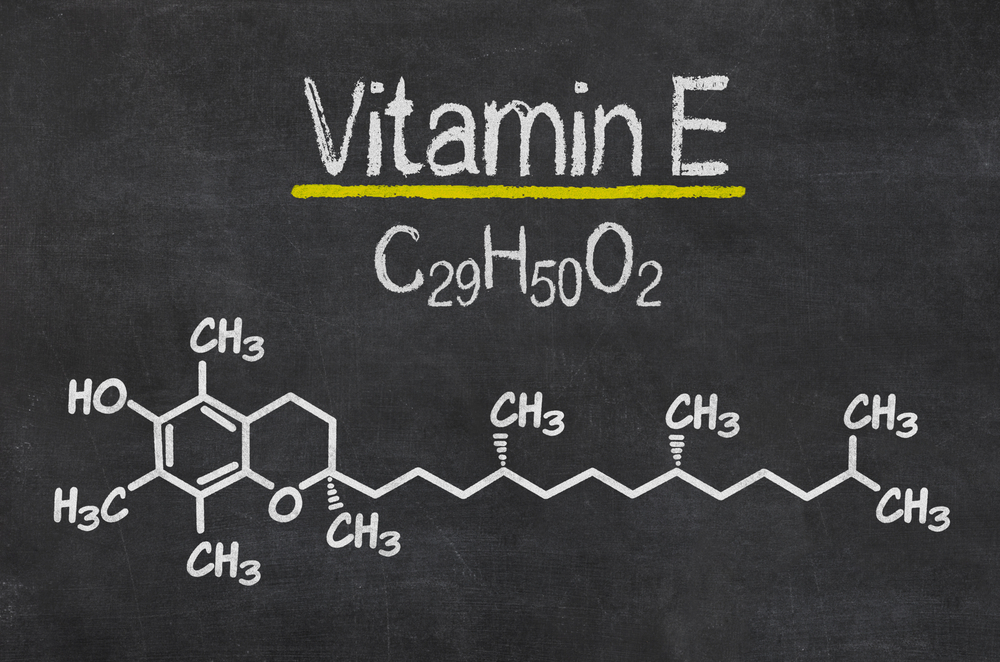Vitamin E Acetate – IP (DL-alpha-tocopheryl acetate) is an integral part of skin care products and dietary supplements. It is known for the antioxidant properties it possesses and thus it protects our body from free radicals. Radicals are produced via pollution or UV rays absorbed via sunlight. Vitamin E acetate is found in a variety of skin care products as it prevents damage to skin.

Vitamin E prevents the damage to skin caused by the exposure to UV rays. Studies suggest that Vitamin E reduced the sunburned cells leading to prevention of skin pigmentation and DNA damage. When humans are exposed to sun, the UV rays constantly deplete the amount of Vitamin E in our body and it is very important to replenish the same. In addition to this, Vitamin E provides some protection from sun as well. It is definitely not a subsititute to sunscreen, but it boots the UV ray protection. It also acts as a great moisturizer and reduces water loss in human body.
Vitamin E is a boon to cosmetic manufacturers as it also acts as a preservative and helps the skin care products last longer. It prevents the light from oxidising the active ingredients in the skin care products.
Chemical and Physical Data
| Heavy Metals | <= 10ppm |
| Relative Density | 0.952 – 0.966 |
| Acid Number | <=2 |
| Refractive Index | 1.494 – 1.498 |
| Specific Extinction (In Absolute Ethanol) | 42 – 45 (284 nm), 7 – 9 (254 nm) |
| Formulation | Liquid |
| Solubility | Hydrocarbons, alcohols, fats and oils. Insoluble in water |
Stability
Vitamin E acetate is very stable to heat and oxygen. It is unstable to alkalis (hydrolysis) and oxidants. Up to 25 °C, the product has a storage life of 36 months in the unopened original packaging.
